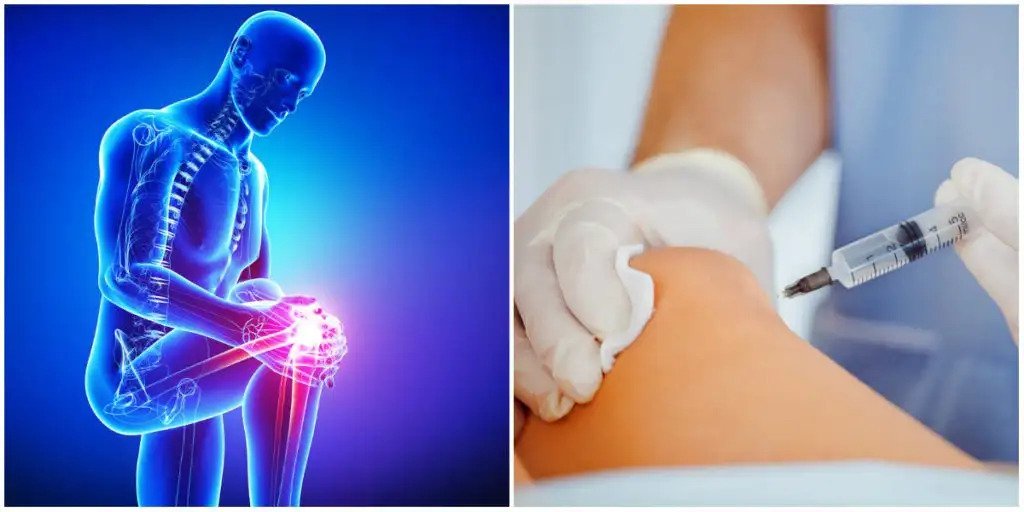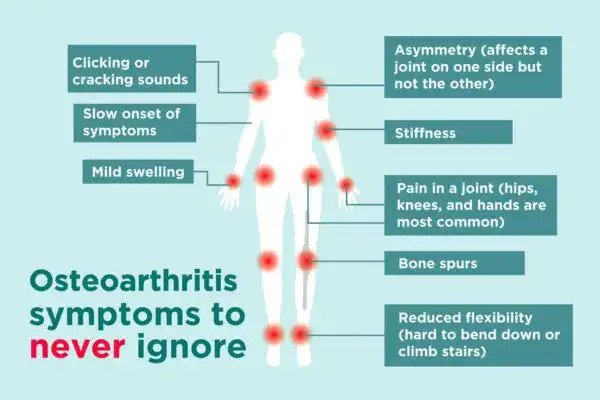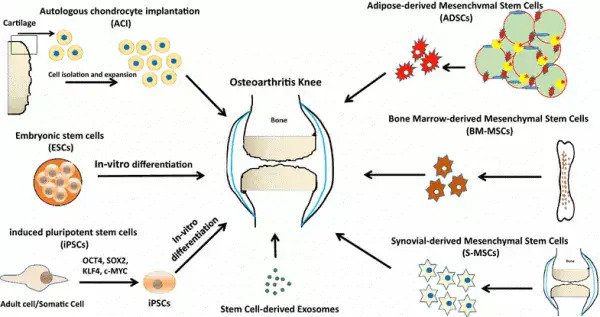What is Osteoarthritis?
Osteoarthritis, also known as degenerative arthritis or degenerative joint disease, is a group of mechanical abnormalities involving degradation of joints, including articular cartilage and subchondral bone.
Symptoms may include joint pain, tenderness, stiffness, locking, and sometimes an effusion. When bone surfaces become less well protected by cartilage, bone may be exposed and damaged.
br As a result of decreased movement secondary to pain, regional muscles may atrophy, and ligaments may become more lax.
Can stem cells help treat osteoarthritis?

Stem cell therapy has been demonstrated to induce profound healing activity in animals with various forms of arthritis.
For example, the company Vet-Stem routinely utilizes stem cells in horses with various joint deformities to accelerate healing.
Besides healing of damaged tissues, stem cells have the unique ability to modulate the immune system so as to shut off pathological responses while preserving ability to fight off disease.
Which types of stem cells are used to treat osteoarthritis and how are they collected?

The adult stem cells used to treat osteoarthritis come from human umbilical cord tissue (allogeneic mesenchymal).
The mesenchymal stem cells we use are recovered from donated umbilical cords following normal, healthy births. Each mother has her medical history screened and is tested for infectious diseases. Proper consent is received from each family prior to donation.
All umbilical cord-derived stem cells are screened for infectious diseases to International Blood Bank Standards before they are cleared for use in patients.
Only a small percentage of donated umbilical cords pass our rigorous screening process.

